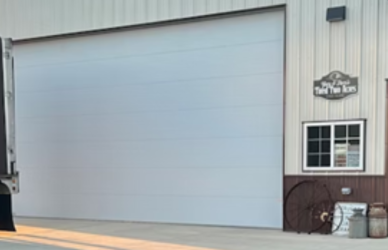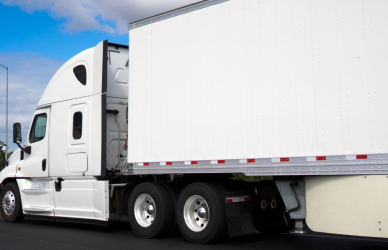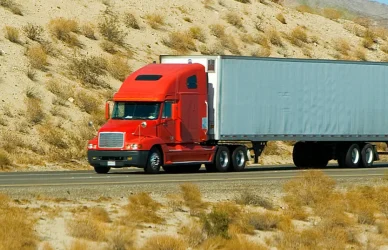This week, the trucking industry achieved significant legislative victories in two states, potentially reshaping the landscape of judgments that typically follow commercial truck accidents. In Wisconsin, the State Legislature implemented a reform affecting the civil litigation system by introducing a cap of $1 million on non-economic damage awards.
Chris Spear, President and CEO of the American Trucking Associations, stressed the significance of limiting subjective, non-monetary losses to uphold fairness and equilibrium in civil litigation. He argued that such measures would discourage abusive and frivolous lawsuits, preventing the exploitation of the judicial system as a “profit center for the plaintiffs’ bar.”
“When the plaintiffs’ bar perverts civil litigation into a casino game of ‘jackpot justice,’ the costs are borne by everyone,” Spear said, “not just trucking companies, but consumers too in the form of higher insurance rates and higher prices for everyday goods. This reasonable reform ensures justice and fairness drive accident litigation outcomes, not profits.”
The specific legislation, referred to as SB 613, successfully passed the State Assembly through a voice vote and gained approval from the State Senate with a 21-11 majority. The next procedural step involves the bill making its way to the desk of Governor Tony Evers for signature. Neal Kedzie, President of the Wisconsin Motor Carriers Association, highlighted the widespread support the legislation has garnered across the state, adding, “Rampant lawsuit abuse is impeding our ability to do our job safely and efficiently.”
With the trucking industry employing approximately 183,780 individuals in Wisconsin and over 77% of communities statewide relying solely on trucks for receiving goods, the implications of these legislative changes are expected to reverberate widely.
Chris Spear’s emphasis on curbing abusive and frivolous lawsuits underlines the broader importance of maintaining a fair and balanced civil litigation system. The trucking industry’s success in securing these legislative wins reflects a concerted effort to address concerns surrounding the escalating nature of judgments following commercial truck accidents. As these changes take root in Wisconsin, stakeholders anticipate a potential shift in the dynamics of legal proceedings related to trucking incidents, potentially impacting the industry’s operational landscape and legal liabilities.
The trucking industry’s employment footprint in Wisconsin further underscores the significance of these legislative developments. With approximately 183,780 people working in the sector across the state and more than 77% of communities relying exclusively on trucks for the transportation of goods, the legislative changes hold implications not only for the industry but also for the broader economic and logistical ecosystem within Wisconsin.
Source: Commercial Carrier Journal











